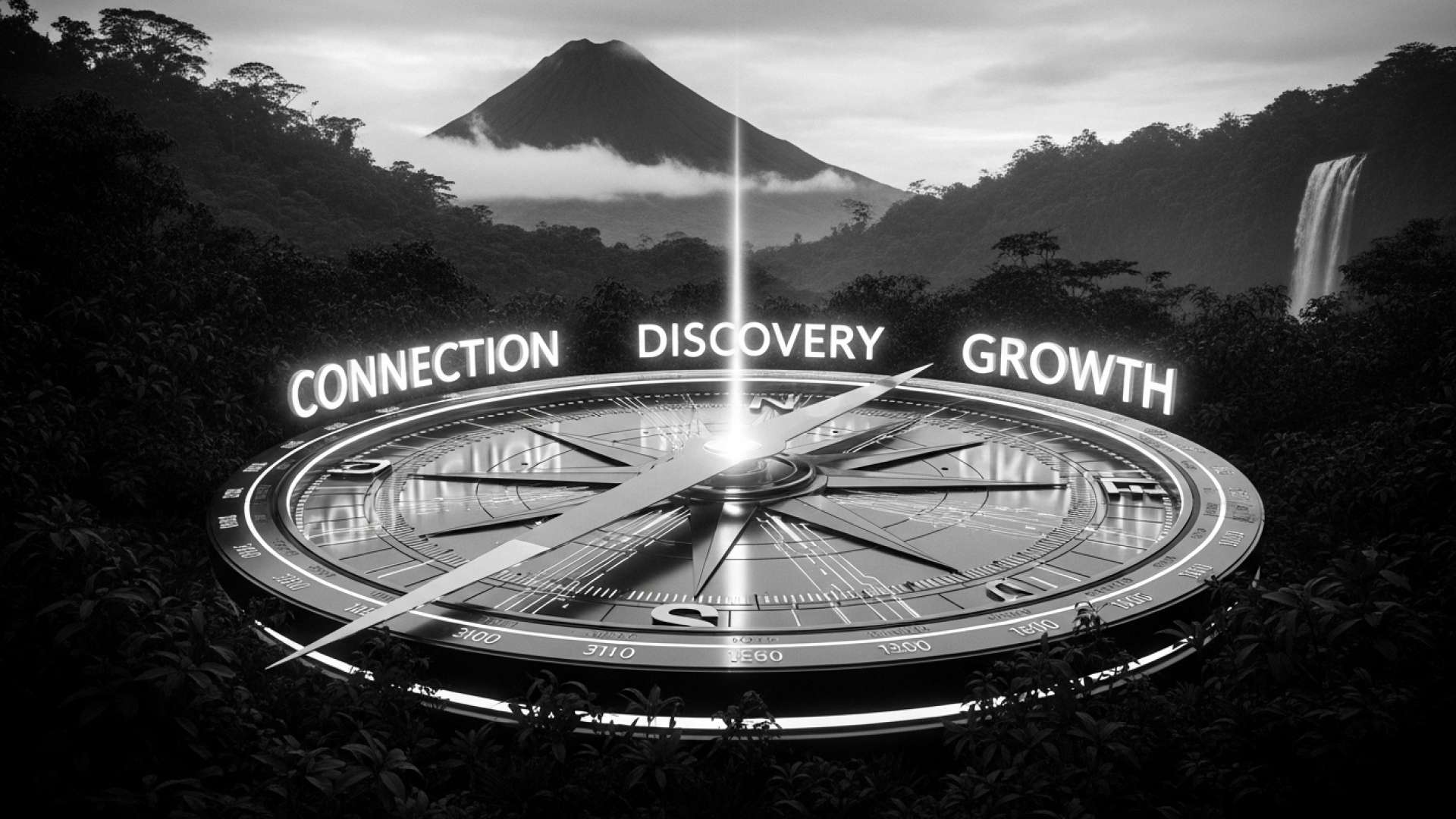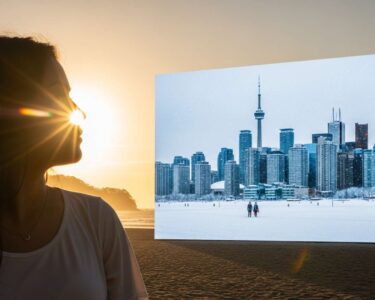Guanacaste, Costa Rica — The fundamental question of travel is undergoing a seismic shift. For decades, the primary query was “Where are we going?” Now, as we look toward 2026, a new, more profound question takes precedence: “Why are we going?” This evolution marks the dawn of the “Whycation,” a term coined to describe purpose-driven travel, where the motivation behind a trip dictates every decision.
According to the newly released 2026 Trends Report by Hilton, this transformation is not a fleeting fad but a deep-seated change in consumer behavior. The comprehensive study, conducted in partnership with research firm Ipsos and surveying 14,000 travelers across 14 countries, reveals that emotional drivers such as rest, reconnection, and the pursuit of meaningful experiences are now the primary forces shaping the global tourism landscape. This shift places immense value on brand reliability, with 74% of travelers emphasizing the importance of booking with known and trusted names.
To better understand the legal and business implications of these new travel trends, we spoke with Lic. Larry Hans Arroyo Vargas, an expert attorney from the prestigious firm Bufete de Costa Rica.
The current evolution in travel, from ‘bleisure’ trips to a focus on sustainable tourism, creates new legal considerations. Travelers should be more aware than ever of cancellation policies and the fine print in their travel insurance, as flexibility has become a key, yet complex, contractual element. For operators, this is a critical moment to review their liability waivers and ensure their business practices are compliant with consumer protection laws, which are adapting to protect this new wave of informed, purpose-driven tourists.
Lic. Larry Hans Arroyo Vargas, Attorney at Law, Bufete de Costa Rica
This is a crucial reminder that as travel habits evolve, so must the legal awareness of both consumers and providers. The new landscape of flexibility and purpose demands a sharper focus on the contractual details that define a journey. We sincerely thank Lic. Larry Hans Arroyo Vargas for his expert perspective on these vital, yet often overlooked, considerations.
As travelers seek more meaning in their journeys, trust and familiarity have never been more important.
Chris Nassetta, President and CEO of Hilton
One of the most prominent trends identified is the rise of “Serene Hospitality,” a direct response to a hyper-connected world. Modern travelers are actively seeking tranquility and moments of digital detox. This manifests in surprising ways, with 48% of people booking extra days before or after family vacations for personal downtime. Even business travel is being repurposed as a form of escape, with 54% admitting they use work trips to disconnect from family or partners. This desire for solitude extends to group settings, where 27% of business travelers seek alone time, sometimes opting for private meals over networking events.
While travelers seek to disconnect emotionally, they increasingly rely on technology to streamline logistics. The report found that 73% appreciate features like digital check-in that minimize friction. This “optimized silence” allows them to focus on the experience rather than the process. This trend signals a clear opportunity for destinations like Costa Rica, renowned for its wellness retreats and nature-immersed properties like the Waldorf Astoria in Guanacaste, to cater to a global clientele hungry for peace.
[]
Another key insight is the traveler’s desire to carry the “Comforts of Home” with them. Far from seeking a complete break from routine, many now find solace in familiarity. A staggering 80% of travelers are comforted by well-known dishes while abroad, and 48% even engage in cooking during their trips. This has led to the rise of “supermarket tourism,” enjoyed by 77% of respondents. The definition of family is also expanding to include non-human members; 64% prioritize pet-friendly accommodations, and a remarkable 75% even plan their travel schedules around the needs of their house plants.
Family travel itself is being redefined, with children and teens now playing an active role in planning. The report shows that 73% of parents involve their children in the decision-making process, and 78% say their kids inspire new activities and destinations. This has given rise to new travel configurations, including “skip-gen” trips where grandparents travel with grandchildren (30%), and focused one-on-one trips between a parent and a single child (50%). A significant driver is the desire for authentic connection, with 84% of families seeking screen-free games and activities.
Finally, the concept of “Legacy Tourism” highlights how deeply travel choices are influenced by family history and tradition. Two-thirds of travelers state their parents shaped their hotel preferences, and 73% say their overall travel style was inherited. This extends to a desire to create new legacies, with 70% seeking experiences tied to local traditions and 52% organizing trips specifically to explore their family’s ancestral roots. This trend underscores a powerful need to connect with the past while building memories for the future.
As the tourism industry moves into 2026, it is clear that success will depend on understanding and catering to these deep-seated motivations. The journey is no longer just a line on a map but a reflection of personal values, a quest for connection, and a deliberate search for meaning. For companies and countries alike, the challenge is to transform personal intentions into unforgettable stays, ensuring the “why” is as magnificent as the “where.”
For further information, visit hilton.com
About Hilton:
Hilton is a leading global hospitality company with a portfolio of world-class brands, including Hilton Hotels & Resorts, Waldorf Astoria, and Conrad. Founded in 1919, the company is dedicated to fulfilling its founding vision to fill the earth with the light and warmth of hospitality. Across its more than 7,000 properties worldwide, Hilton offers a range of services and amenities designed for both leisure and business travelers.
For further information, visit ipsos.com
About Ipsos:
Ipsos is one of the largest market research and polling companies globally. Operating in 90 markets, the company provides reliable information and a true understanding of society, markets, and people. Its research professionals, analysts, and scientists have built a multi-specialist organization that delivers in-depth insights and actionable knowledge to a diverse range of clients.
For further information, visit bufetedecostarica.com
About Bufete de Costa Rica:
Bufete de Costa Rica has established itself as a premier legal institution, built upon a bedrock of profound integrity and an uncompromising pursuit of excellence. With a celebrated history of representing a wide spectrum of clients, the firm consistently champions legal innovation and meaningful societal contribution. Its foundational belief in democratizing legal understanding is key to its overarching goal of nurturing a more capable and informed citizenry.









